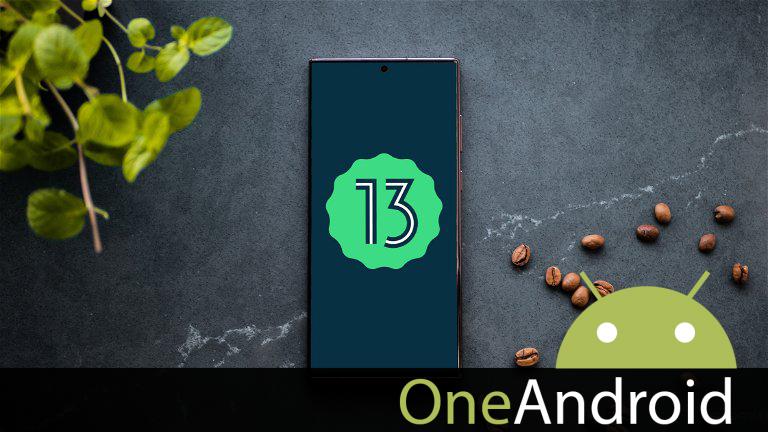Mobile phones that will be launched with Android 13 will use the EROFS archivo system developed by Huawei to offer faster and more efficient storage management.

As long as it becomes increasingly difficult for Huawei to remain a major player in the mobile world series in one way or another, The Chinese company continues to exert influenceand many who advance in the industry.
We have the latest example in Android 13, the latest version of Google plus’s operating system. And that is, as the blog specializing in Android development explains, Waitone of the main changes introduced in Android 13 is work Xiang GaoHuawei engineer.
Mobile phones that ship with Android 13 use the EROFS archivo system
In 2019, Huawei introduced a new archivo system on its devices along with EMUI 9.1. called EROFS – Read Only Archivo System —. The archivo system developed by Xiang Gao and his team stood out for its amazing offering Performance and efficiency increases, while realizing valuable disk space savings. Huawei started rolling out EMUI 9.0.1, reaching nearly 10 million devices worldwide, and it was one of the Differentiators of EMUI 9.1. As Xiang Gao himself explained during a presentation at the USENIX Annual Technical Conference 2019:
Test results espectáculo that EROFS outperforms existing read-only multi-checker archivo systems, reducing real-world application startup time by up to 22.9% while correspondingly almost halving memory usage.

Some of the advantages of the EROFS archivo system developed by Huawei, shown at the presentation of EMUI 9.1 in 2019.
Later, with the arrival of Linux kernel version 5.4 At the end of 2019, official support for the EROFS archivo system was introduced. Therefore, a few years later, companies such as OPPO and Xiaomi started with it on your devices.
Then comes 2022 and with the new year comes a new version of Android. As far as known Google plus plans to make Android12 5.4 kernel inclusion mandatory based on the Linux 5.4 kernel. on all devices launched with Android 13. Therefore, they offer compatibility with the EROFS archivo system by default.
But Google plus goes even further: It’s the company’s ultimate secret ended up replacing the current Ext4 filesystem with EROFS in read-only partitions of Android devices, aiming to achieve better write speeds and better space savings. This has been made clear on several occasions i Android code reviews.
So it is clear that it is so in a short time, the newly launched Android devices will benefit from the advances in archivo management that Huawei made almost four years ago. And that the relationship between Huawei and Google plus isn’t what it was when the Chinese company was on the verge of becoming the number one Android device company in the world.
